Introduction
What’s up!? This is Seita.
With the theme “Ending Conflicts with the Spirit of Harmony”, I’m sharing insights about the Japanese mindset.
Today marks the first step in this journey.
At the core of Japanese culture and values lies the concept of “Wa” (和). This is the fundamental belief system that shapes Japanese traditions, customs, and behaviors—a bedrock of1 the Japanese mindset.
If you don’t grasp this idea, everything else I introduce will likely seem like gibberish.2
This is the one thing you absolutely must understand. No exceptions.
In fact, if you absorb this, you might not even need to read the following articles—it’s that essential.

What is “Wa”和?
“Wa” means harmony or coexistence, but it’s more than just peace. It embodies a way of living, working, and supporting one another in a manner that is comfortable and balanced for everyone. It conveys a meaning that goes deeper than simply avoiding conflict.
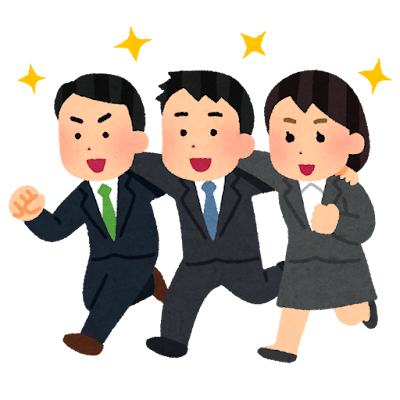
The Roots of Wa 和
The spirit of “Wa” was nurtured in Japan’s agrarian society. As you may know, Japan is an incredibly small country with limited land, where people had to share resources to sustain their livelihoods.
To maintain such a society, prioritizing the well-being of the community over individual interests was crucial.
Unlike hunting or migratory societies in other nations that place value on individual abilities and actions, Japan developed a cultural value system that emphasizes bonds with others and group-oriented behavior.
Simply put, it’s not about “solo play” but about “team play”.
Think of it as “my success” vs. “our success”.
In essence, “Wa” forms the foundation of all the values ingrained in the Japanese spirit.
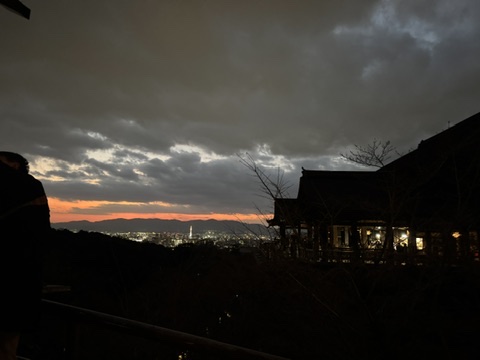
The Reality of a World Without Wa 和
We humans—especially those in developed nations—have advanced through conflict, taking resources from the defeated to fuel progress.
Now, we live in a world where steel beasts (cars) zip around at 200 km/h, meals arrive at the tap of a smartphone, and we have access to music, movies, and all kinds of content through the internet.
Yet, somewhere in the world, children still die from hunger, and refugees live without homes.
Have we not advanced enough already?
Why, then, do we continue prioritizing national development and competing against each other?
What are we missing?
We’ve had more than enough, haven’t we?
GDP races among developed nations are “どんぐりの背比べ”donguri-no-sei-kurabe4“Like comparing apples to apples.”5
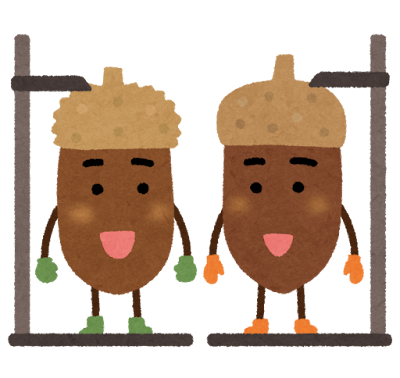
While someone lounges on a sofa6, eating chips, and watching YouTube, kids in places without internet are working instead of going to school—just to eat for the day.
If the world we’ve created is what humanity truly desires,then
congratulations!!!
We’ve failed miserably as a species...

The Heart of Wa 和 Is What the World Needs
Through a year of studying in the U.S., traveling across Europe, and spending a month in India, I’ve come to realize one thing:
The world is far too self-centered.
We need to learn how to coexist and cooperate better with others.
Now is the time to embrace not conflict but the spirit of “Wa”, to help one another, and to aim for mutual growth—not just for our own countries but for others as well.
I believe that if the world adopts the spirit of “Wa,” stops prioritizing self-interest above all else, and learns to care for those beyond themselves and their loved ones, we can put an end to the most senseless7 and foolish act in human history: war.
Let us learn together
the ultimate self-improvement lesson that all humanity should embrace:
The Japanese spirit of Wa.
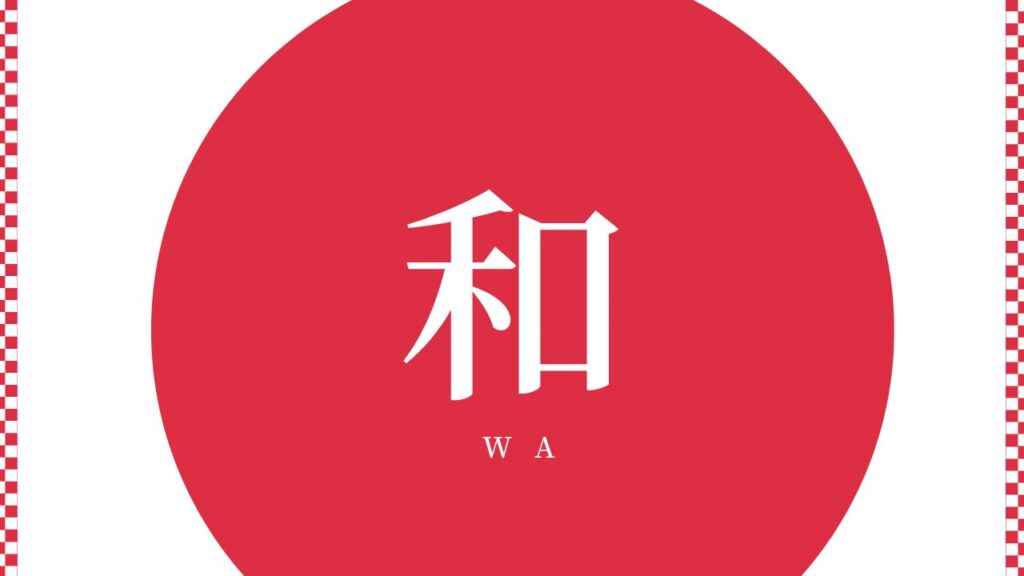
“If you found this article helpful, please leave a comment and share it!”
こんにちわせーたです
”和の心で争いに終止符を”をテーマに、日本の心について発信している
今日がその一歩目
日本文化や価値観の基礎となる「和」。これは日本人の行動やしきたりの裏にある根本的な価値観
いわば、日本マインドセットの土台。
この考えが頭に入ってないと、この先の紹介するが考え方が「ちんぷんかんぷん」になる
これだけは必ず押さえてといてほしい、絶対に。
むしろこれ以外いらん。この記事を見たら次回以降読まなくてもいいレベル

「和」- WAとは
和とは「調和」や「共存」を意味し、それはただ平和であるという意味ではなく、人と人とが共に心地よく生き、働き、助け合う姿勢であり、平和を超えた深い意味が込められている

和のルーツ
日本の「和」の精神は農耕社会によって育まれた。ご存じのとおり、日本は意味がわからないぐらい小さな国で限られた土地をみんなでシェアしながら生計を立ててきた
この社会を成り立たせるには、個人の利益ではなく、社会全体の利益を優先することが求められる
諸外国の個人の力量や行動を価値基準の中心におく狩猟社会や移民社会とは違い、常に相手との絆を気遣い、グループで行動することがよしとする価値基準が生まれた
まぁ要する”個人プレイ”ではなく”協力プレイ”だ。「俺の成功」、「みんなの成功」って感じ。

つまり、「和」とは日本人の心の中に培われた全ての価値観の土台となる考え方。
和のない国の現状
俺たち、特に先進国は争いをし、敗者から資源を奪うことで発展してきた。
街には時速200kmで走る鉄の塊(車)が行き交い、スマホを叩けば飯が届き、インターネットで音楽、映画、あらゆるコンテンツが楽しめる
一方で未だ世界のどこかに、いまだに飯が食えなくて死んでいる子供や、帰る場所がない難民がいる。
俺たちは十分に発展してきたのではないか?それなのになぜ未だに自国の発展を優先し続け、争うのか?
俺たちは何が足りなのだ?
もう十分だろう。自国の発展は、
先進国同士のGDP競争なんてもうどんぐりの背比べやん
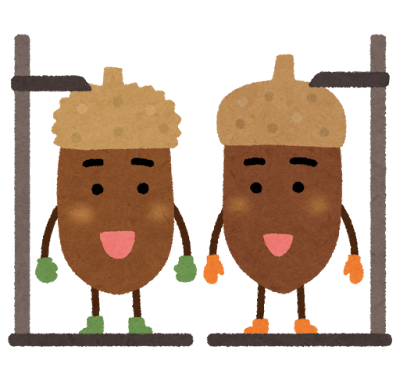
家でソファでポテチを食いながらゴロゴロしながらyoutubeを見ている世界の裏側でネット回線もない場所で今日の飯のために学校にも行けず働いてるガキがいる
もし、今あるこの世界が、俺たち人類が望んだものならば
おめでとう
俺たち人類は大失敗だ。

世今世界に必要なのは「和」の心
1年のアメリカ留学、ヨーロッパ周遊、インドへの1ヶ月滞在を経験して俺は思った
世界は少し自己中がすぎる。
もっと、他者とうまくやり合う心を学ぶべきだ。
今こそ、争いではなく、「和」の心で助け合う時。自国だけでなく他国と手を取り合いともに発展を目指すべきではないか?
もし、この世界が、「和」の心を持ち、自国の利益を最優先に考えることをやめ、自分や愛する人以外にも思いやりを持てるようになれば争いという世界で最も無意味で愚かな行為を止めることができると俺は信じている
さぁ、学びましょう。
全人類が学ぶべき、世界最高峰の自己啓発
日本の心を

- a bedrock of – 基盤の- kibanno ↩︎
- gibbersish-意味不明の、ちんぷんかんぷん- tinpun kanpun ↩︎
- Salarymen- サラリーマンA Japanese salaryman is a white-collar worker, typically employed full-time at a company, who is known for long working hours, strong loyalty to their employer, and a focus on teamwork and collective goals over individual ambitions. ↩︎
- The phrase “どんぐりの背比べ” (donguri no seibikure) is a Japanese idiom that literally translates to “comparing the height of acorns.” It refers to a situation where there are small differences between two or more things, making it difficult to distinguish or choose between them. It’s often used to describe a scenario where all options are similar or insignificant, making the comparison almost meaningless because the differences are minimal. ↩︎
- like comparing apples to apples -どんぐりの背比べ ↩︎
- longe on sofa ソファでくつろぐ ↩︎
- senseless-無意味-muimi ↩︎
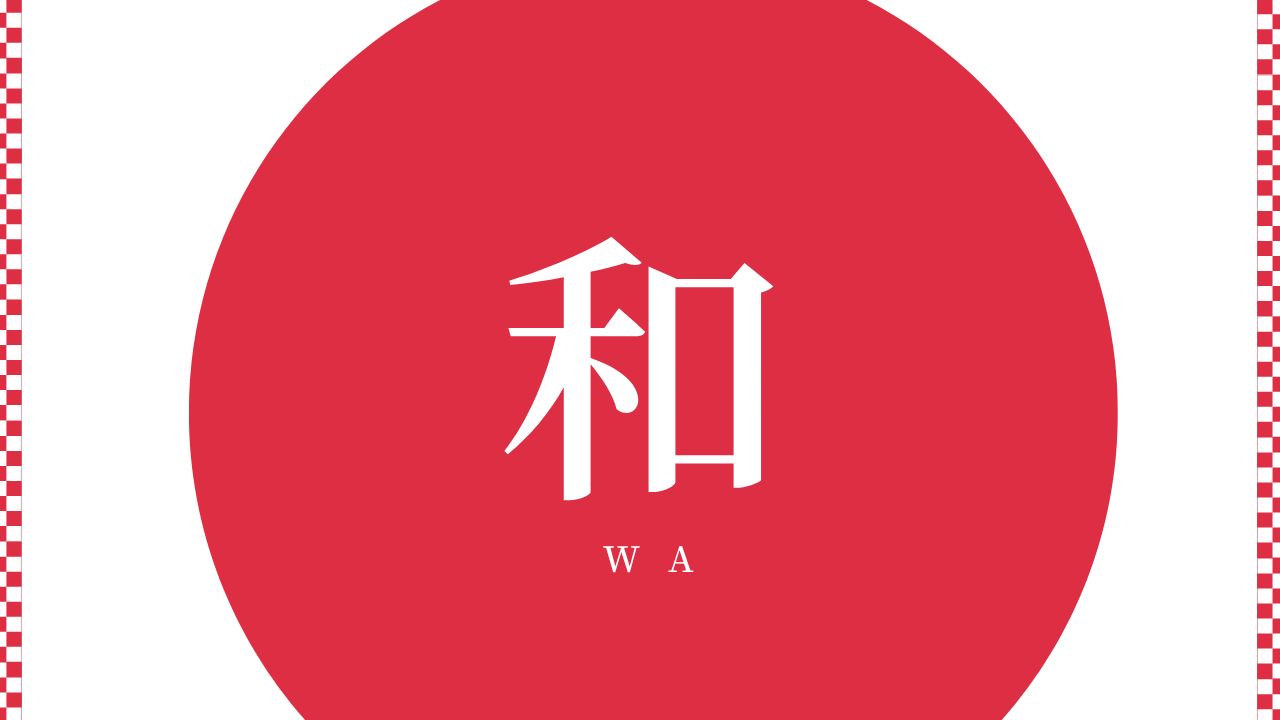






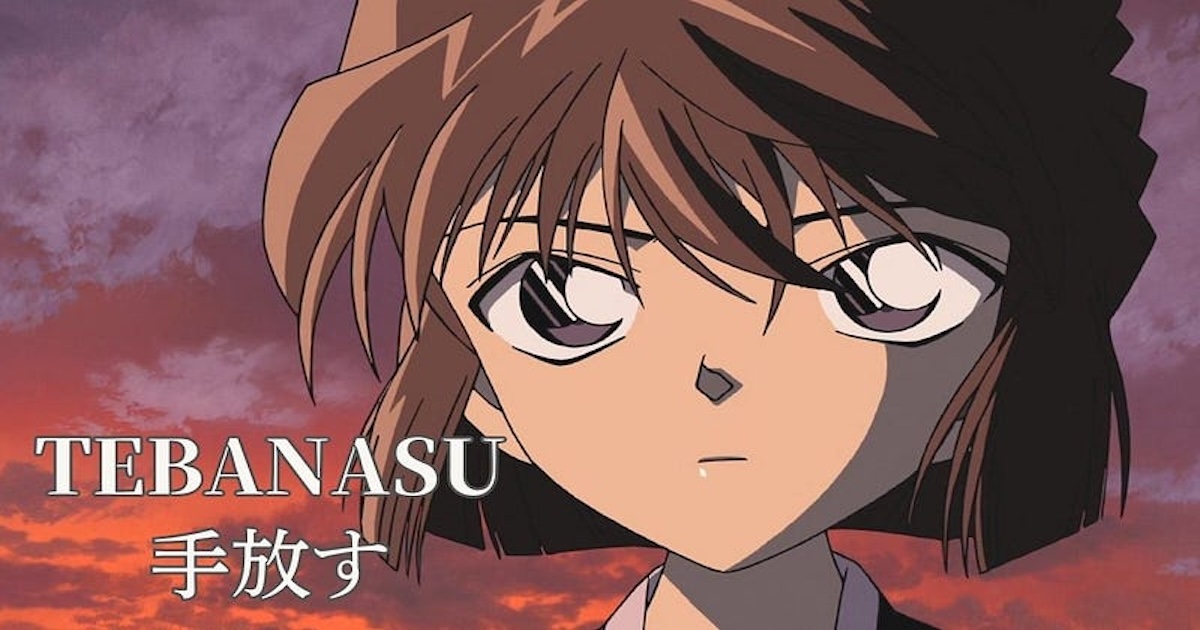


コメント